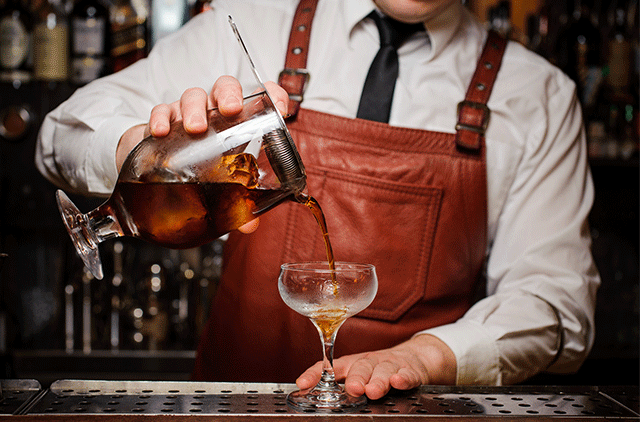Are Bars Liable for Drunk Driving?

When someone is injured by a drunk driver, there may be a claim that the restaurant or bar where the driver was served is liable for the injured person’s damages. These are called “dram shop” claims. In dram shop cases, the injured person’s attorney has to prove that the bar or restaurant negligently furnished and served alcohol to a person who was under the influence.
The typical dram shop claim happens when someone has been at a couple of restaurants, enjoying themselves a little too much, and then drives under the influence. As alcohol limits a person’s judgment and driving ability, when someone is intoxicated, they tend to lose control and may cause serious injury in a car wreck.
In a dram shop claim, proper investigation is the most important factor, which is why retaining an experienced personal injury attorney, as soon as possible, is important. As Everett personal injury lawyers, we know who may be responsible for our clients’ injuries besides the drunk driver. We have been able to recover more compensation for our clients by focusing on who else might be responsible under Washington law.
The restaurants and bars typically defend these cases, claiming that the drunk driver did not appear drunk or that there is no proof of what was served at their business. Therefore, it is important to preserve the evidence as early as possible, which means that it is necessary not only to obtain the police report, but also all breathalyzer or blood test information, receipts showing what was served, and videos. It’s critical to also contact witnesses of the crash and at the bar or restaurant, wait staff, and bartenders as soon as possible while memories are fresh.
If you are injured by a drunk driver, contact Kadish Twersky Law Firm, a personal injury law firm. We have over 65 years of combined experience as Everett drunk driving accident attorneys and can protect your rights.
This website includes general information about legal issues to be used for educational purposes only and may not reflect the most current legal developments. These informational materials are not intended, and must not be taken, as legal advice on any particular set of facts or circumstances or to create an attorney-client relationship.


 contact us
contact us call us
call us